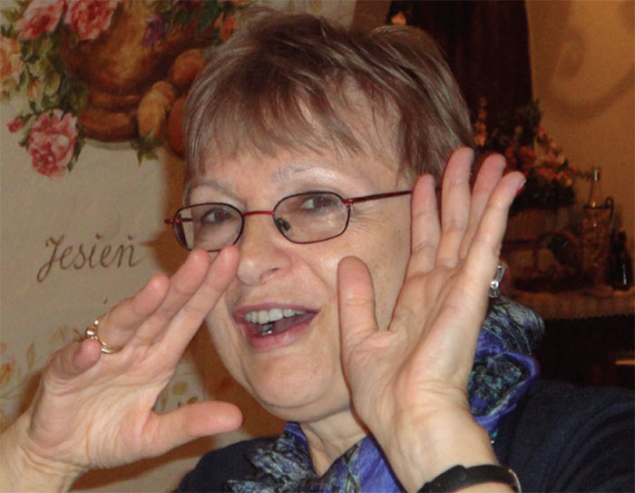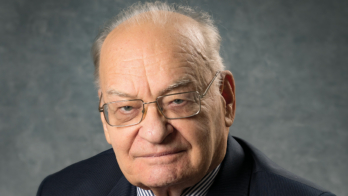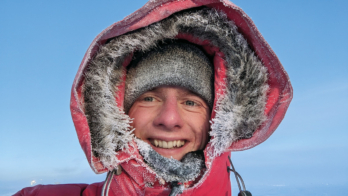Maria Krawczyk passed away suddenly on 24 May 2017. It was a shock not only for her family but also for many of the physicists and her friends in the faculty of physics at the University of Warsaw and abroad. She was a very well-known and respected scientist within the physics community for her passion and involvement in research, teaching and outreach.

Maria graduated from the University of Warsaw, and her scientific career was intertwined with the university, first as an assistant, then adjunct university professor and full professor. In 1975 she defended her PhD thesis under the supervision of Grzegorz Białkowski based on studies of the charge exchange reaction π–p → π0n. During a postdoc at the Max Planck Institute in Munich in 1977/78 her scientific interest shifted towards the parton model and quantum chromodynamics (QCD). She worked on the hadronic properties of photons within QCD, where her speculations on direct photon pair production in hard collisions were then verified by experiments. Later she worked on the resummation of higher order QCD corrections.
In 1990 Maria became interested in electroweak interactions, in particular the Brout–Englert–Higgs mechanism of spontaneous electroweak symmetry breaking and the Higgs sector. The Higgs particle became her main research direction, including the two-Higgs-doublet models, searches for light Higgs particles in existing and planned accelerators, the CP properties of the scalar sector, the role of the Higgs in astrophysics and cosmology, and the structure of the vacuum. She was an enthusiast for studying photon collisions at a future linear collider, and took an active role in workshops devoted to the physics potential of future experiments. During a stay at CERN in 2002 she initiated discussions and studies of CP violation in non-standard Higgs models, becoming an organiser of the workshop on CP studies and non-standard Higgs physics – which culminated in the delivery of a CERN Yellow Report. With the advent of the LHC, she concentrated mainly on LHC physics.
During her career, Maria collaborated with many distinguished physicists around the world and coordinated a number of scientific grants financed by Polish and European agencies – right up to her last project, HARMONIA. She served in a number of advisory committees and was involved in several international workshops and conferences. Maria served on the TESLA collaboration board, represented Poland in outreach within the European linear collider steering group, and in 2004 was invited to join the programme committee of the Rencontres de Moriond series of conferences on QCD.
Maria enjoyed contact with students. She was concerned not only with their scientific development but also their living conditions, and helped in sending them to physics schools and conferences, finding grant opportunities and editing grant applications. She was very active in daily matters at the faculty and university, and engaged heavily in outreach activities, giving radio and TV interviews, lecturing at scientific festivals and organising LHC exhibitions.
Maria was a very kind and helpful person. Her advice, including in private matters, and friendliness will be greatly missed. She was also a beloved wife, a mother of two children and grandmother of four grandchildren.





